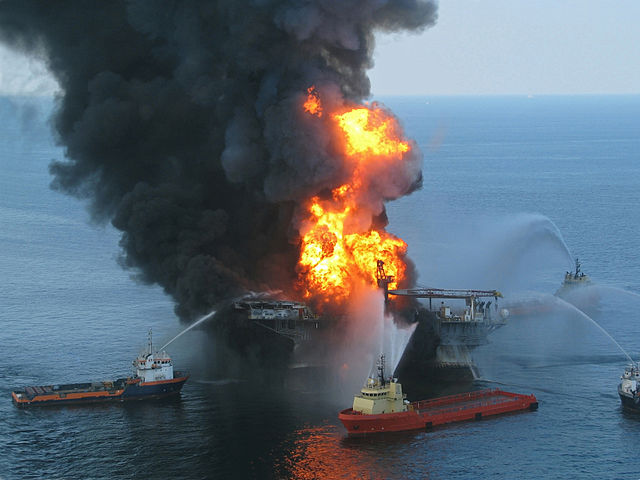Williams v Natural Life Health Foods Ltd
Williams v Natural Life Health Foods Ltd [1998] UKHL 17 is an important English tort law, company law and contract law case. It held that for there to be an effective assumption of responsibility, there must be some direct or indirect conveyance that a director had done so, and that a claimant had relied on the information. Otherwise only a company itself, as a separate legal person, would be liable for negligent information.
Williams v Natural Life Health Foods Ltd
English tort law concerns the compensation for harm to people's rights to health and safety, a clean environment, property, their economic interests, or their reputations. A "tort" is a wrong in civil law, rather than criminal law, that usually requires a payment of money to make up for damage that is caused. Alongside contracts and unjust enrichment, tort law is usually seen as forming one of the three main pillars of the law of obligations.
Tort law concerns civil wrongs, damaging people's rights to health and safety, property, or a clean environment. Most accidents have become strictly regulated, and may require insurance, for workplaces, road accidents, products, or environmental harm such as the Deepwater Horizon oil spill.
19th century regulation limited child labour and working time in factories and mines, but employers were not always liable for accidents until 1937.
Strikers gathering in Tyldesley in the 1926 General Strike in the UK




